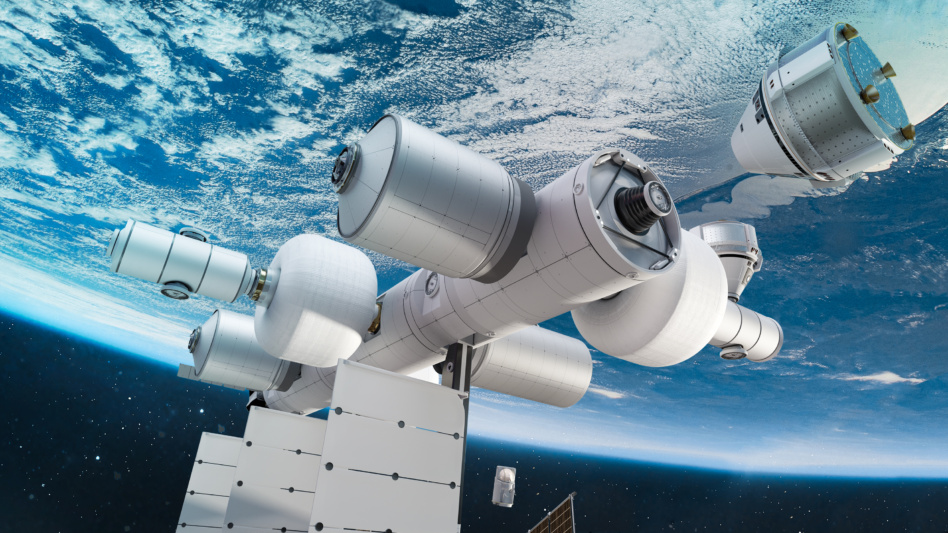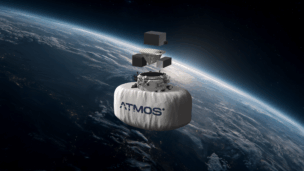Blue Origin and Sierra Space will build the Orbital Reef outpost in low-Earth (LEO), the two announced in Dubai yesterday. Blue and Sierra are partnering with Boeing, Redwire Space, Genesis Engineering Solutions, and Arizona State University on the private space station. Each organization brings a unique skillset to the table. Genesis, for example, will contribute a one-person spacecraft dedicated to “routine external operations and tourist excursions.”
- The ETA for initial operations is the second half of this decade.
- Orbital Reef will fly over Earth in a mid-inclination, 500-km orbit.
When you’re building something new for space, you must also develop an Earth-based metaphor as a mental shortcut (ie, gas stations in space, space ports, or space tugs). We don’t make the rules; we just report them.
Orbital Reef’s chosen metaphor? “Mixed-use business park” in space. “Orbital Reef will be the premier mixed-use space station in LEO for commerce, research, and tourism by the end of this decade,” per the project website. Design elements offer some insight into tenants that could one day inhabit Orbit Reef:
- Habitation modules will have panoramic Earth-facing windows. Orbital Reef promo materials tout “breathtaking views of our home planet, with 32 vibrant sunrises and sunsets each day.” Perfect for tourists.
- Research facilities will have large labs, a suite of standardized interfaces, closed-hatch modules, technical support as needed, and other “end-to-end services.” Leases can be configured for the end customer, ranging from the space “novice” to seasoned LEO operators.
Another metaphor? Just like Amazon Web Services, Orbital Reef is being marketed as flexible, pay-as-you-go infrastructure. Orbit Reef, its developers suggest, will abstract away the complexity of LEO logistics for end users, be they governments or companies.
LEO neighbors? Nanoracks, Lockheed, and Voyager announced plans to launch and assemble a private space station—Starlab—last week. Starlab initial operations are targeted for 2027. We have to ask: Which station reaches LEO first: Starlab or Orbital Reef? Will both come online before the International Space Station (ISS) is retired? Drop us a line and chime in with your thoughts.




